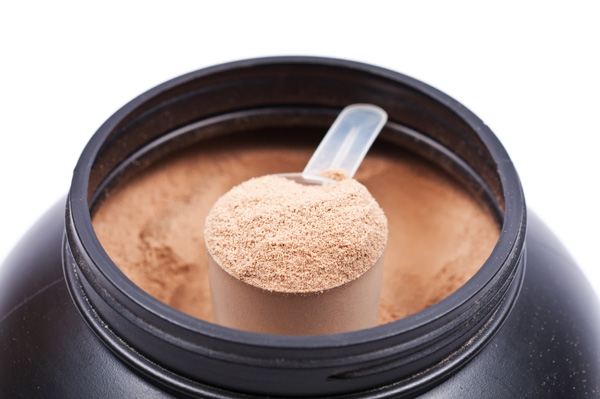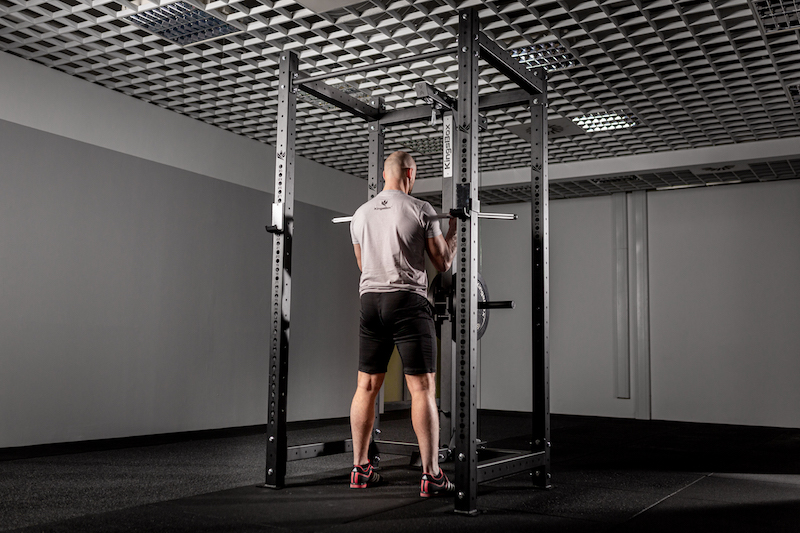Around the world of supplements there really are a lot of prejudices and beliefs, very often fueled by insufficient knowledge of the matter.
Let’s start by saying that supplements should not be understood as substitutes for one or more meals, Let us remember that they are food supplements and are therefore intended to make up for the deficiencies of those nutrients that we would not be able to ingest in the right quantities with food. An example may be that of creatine, which during a cycle of force is a fundamental energy substrate, but taking important amounts of it through solid foods is at least impossible.
A common misconception unfortunately is that who uses protein supplements, rather than amino acids or other is a doped, great idiocy! Simply go to the website of WADA (International Anti-doping Agency) and you will find that these substances are not and can never be considered doping, since they are naturally present in the foods we eat on a daily basis and act as macro-nutrients as much as fats and carbohydrates; moreover, it is scientifically proven that these substances have no significant side effects on healthy people, without kidney or liver disease.
Not everyone knows instead there are some substances with limits of intake in terms of quantities beyond which a substance is considered doping, this is the case for example of creatine but also the very common caffeine, of which a large proportion of the sports population and certainly not abuse. So on this subject, please, before fueling unnecessary controversy, document yourself.

Another very curious but not trivial question: if a person takes a supplement (specifically a pre-workout containing a mix of carbohydrates, various amino acids and stimulants such as caffeine and taurine) the effects that the subject perceives during the performance are attributable to the physiological effects of the contained substances or is there also a placebo component?
Analyzing various independent scientific research that studied two groups of athletes (divided by the double-blind method) during a two-month training mesocycle during which they performed the same training sessions with physical and anthropometric tests at the beginning, Half and at the end of the cycle, it emerged that the subjects who used the supplement had obtained increases in strength and greater improvements in anthropometric values compared to those who for this period had used an equivalent placebo in terms of calories.
So from this analysis it emerges that if an athlete, that is a subject able to know his limits and to seek the right intensity in their workouts, uses specific supplements surely the benefits will be evident.
To conclude, you can say that taking into account everything, to get good results, even in your gym at home, you can not leave out of intense and well-structured workouts obviously associated with a correct diet and barbelld, specific to the sport and the athlete. Having said that to all the newbies who move their first steps in the world of sport I would recommend to optimize first of all workouts and diet, and only then at a later time switch to supplements, very important but certainly not magic potions.






